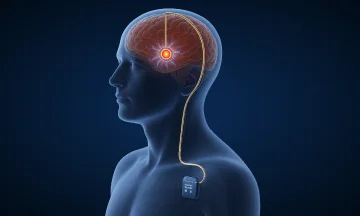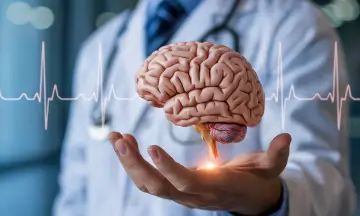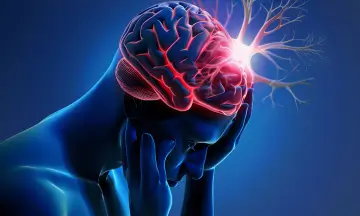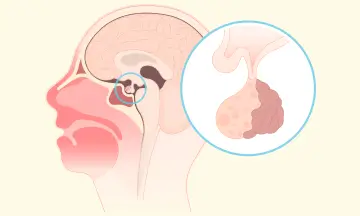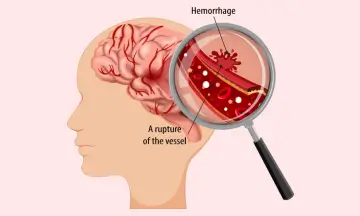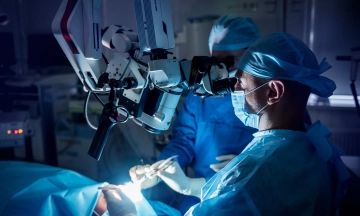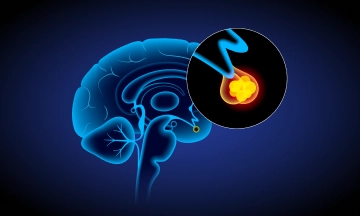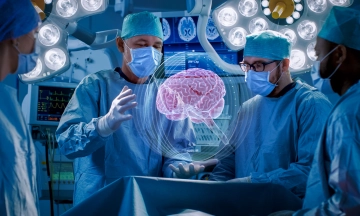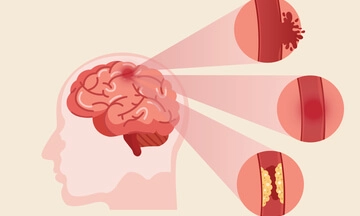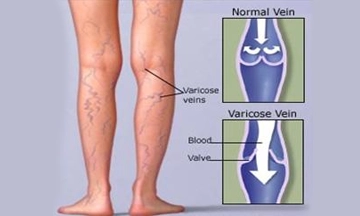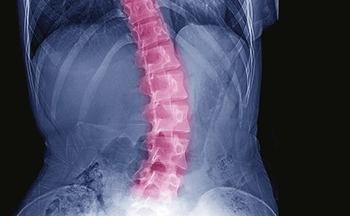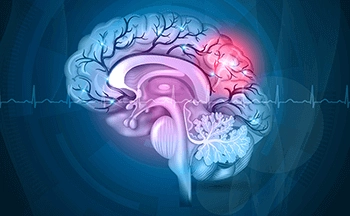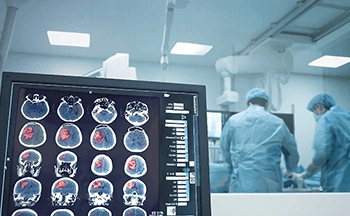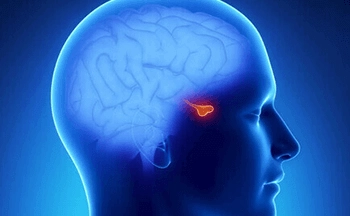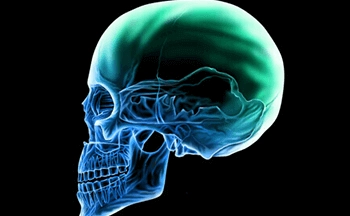
Functional neurosurgery is a specialized field that focuses on the treatment of neurological disorders through surgical interventions aimed at improving the quality of life for patients. Unlike traditional neurosurgery, which often targets structural issues such as tumors or trauma, functional neurosurgery aims to alleviate symptoms of disorders that affect movement, sensation, and other functions of the nervous system.
What is Functional Neurosurgery?
Functional neurosurgery involves the use of surgical techniques to modify or regulate abnormal brain activity that leads to various neurological conditions. This may include the implantation of devices such as deep brain stimulators or the resection of specific brain areas to relieve symptoms associated with disorders such as epilepsy, Parkinson’s disease, and chronic pain.
Common Indications for Functional Neurosurgery
- Parkinson’s Disease: Parkinson's disease is a progressive neurodegenerative disorder characterized by tremors, rigidity, and bradykinesia (slowness of movement). Functional neurosurgery, particularly deep brain stimulation (DBS), can help manage these symptoms by targeting specific areas of the brain involved in movement control.
- Epilepsy: In cases where seizures cannot be controlled by medication, surgical interventions such as temporal lobectomy or lesionectomies may be performed to remove the brain tissue responsible for seizure activity. This can significantly reduce the frequency and severity of seizures.
- Chronic Pain: Functional neurosurgery can also address chronic pain syndromes, such as neuropathic pain. Techniques like spinal cord stimulation can modulate pain signals before they reach the brain, providing relief for patients who have not responded to conventional treatments.
- Dystonia: Dystonia is a movement disorder characterized by involuntary muscle contractions. Surgical options, including DBS, can help alleviate the abnormal movements and improve the patient’s quality of life.
Surgical Techniques in Functional Neurosurgery
- Deep Brain Stimulation (DBS): DBS involves the implantation of electrodes in specific brain regions, which deliver electrical impulses to regulate abnormal neural activity. This technique is particularly effective for Parkinson’s disease and essential tremors.
- Stereotactic Surgery: This minimally invasive technique uses 3D imaging to precisely locate areas of the brain for treatment. It allows for targeted interventions while minimizing damage to surrounding tissues.
- Lesioning Procedures: Lesioning involves the precise destruction of small areas of brain tissue responsible for abnormal activities, such as seizures or pain. This technique can provide immediate relief for some patients.
Benefits of Functional Neurosurgery
Functional neurosurgery offers several advantages, including:
- Symptom Relief: Many patients experience significant reductions in symptoms, leading to improved daily functioning and quality of life.
- Minimally Invasive Options: Techniques like DBS and stereotactic surgery allow for smaller incisions and shorter recovery times compared to traditional open surgeries.
- Personalized Treatment: Surgeons can tailor interventions based on individual patient needs and responses to therapy.
Risks and Considerations
As with any surgical procedure, functional neurosurgery carries risks, including:
- Infection: Surgical sites may become infected, requiring prompt management.
- Neurological Complications: Potential changes in neurological function, such as speech or movement disorders, can occur.
- Device-related Issues: Complications may arise for procedures involving implanted devices, including lead migration or malfunction.
Conclusion
Functional neurosurgery represents a crucial advancement in the management of various neurological disorders. By focusing on symptom alleviation and quality of life improvement, these surgical interventions offer hope to patients who may not find relief through conventional treatments. For individuals suffering from movement disorders, chronic pain, or epilepsy, consulting a specialist in functional neurosurgery can provide valuable insights into potential treatment options tailored to their unique needs.





